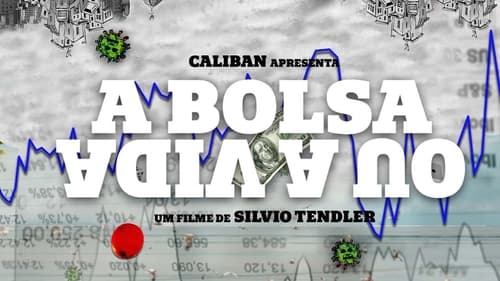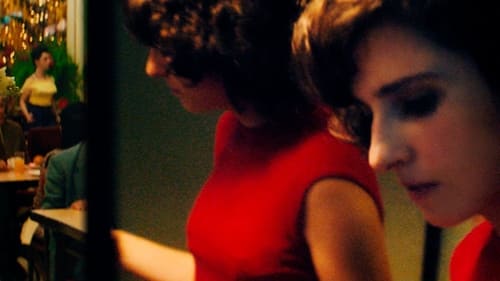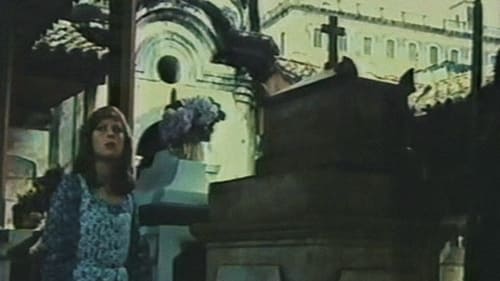
Narrator
In the post-pandemic future of covid-19, will the centrality be the financial casino and the accumulation of wealth by an elite or a quality life for all, with less inequality? Did the minimal state show itself capable of serving the collective? How to guarantee life without social and labor rights? What model of society do we want to live in? The film addresses the dismantling of the concept of social welfare and makes us reflect on the incompatibility of neoliberalism with a humanist project of society.

Reading

Douglas
Río de Janeiro, Brasil, 1950. En el conservador hogar de la familia Gusmão, Eurídice y Guida son dos hermanas inseparables que se apoyan mutuamente. Si Guida puede compartir con su hermana menor los detalles de sus aventuras románticas, Eurídice encuentra en su hermana mayor el aliento que necesita para perseguir su sueño de convertirse en pianista profesional.

Narrador

Architect
In an empty city, scorched by the sun, the young and old confuse the fever of sunstroke with the delicate birth of passion. Like ghosts, they hover around buildings and endless flatlands in search of the ever elusive love. Inspired by 19th century Russian short stories, the plots weave and unravel together in the improbable city of Brasilia – a distorted mirror-image of the Soviet utopia – located in the heart of the Brazilian desert.

Gustavo
After 20 years of exile in Paris, Gustavo returns to his native city São Paulo. Back home, he encounters a place which no longer exists. His old friends and family members have changed, almost beyond recognition. He tries to recapture the past, and make some sense of his life, that of his friends and family, and the present state of his native country.

The story of one of the most important Brazilian heroes, Joaquim José da Silva Xavier, known as Tiradentes. He was the leader of a group who tried to proclaim Brazil's Independence from Portugal in 1789. But he was betrayed by one of his comrades and hanged.

Based upon the life story of Father Antonio Vieira, born in Lisbon in 1608 and deceased in Salvador, Bahia, in 1697. He's considered the first Brazilian writer and one of the most important aesthete of linguistic and of the Portuguese language of all times, a master in the art of metaphor, of verbal relations and analogy. He was persecuted and condemned by the Portuguese Court of Inquisition due to his position against native slavery, against the intolerance to the Jewish people and to the colonial politics of exploration.

Night falls when, in an elegant neighborhood of Porto Alegre, a socialite is brutally murdered. The entire police department act immediately to identify and arrest the killer. A man in his 30s wanders down a large avenue. He wears fine clothes, he walks elegantly. His broken watch reads 18:47. The man searches his pockets for documents he cannot find. Neither he can recognize himself in the objects he carries: a wallet full of bills, a theater entrance ticket, a bloodstained handkerchief. Crossing pedestrians for whom that night will be like any other, he seeks to recover his memory and identity.

Médico
Financial problems in a religious school for girls force the government to interfere. While waiting in the conference hall to communicate the fact to the school administrators, the intervenor falls asleep and a crazy dream begins, involving teachers, students and strange characters.

A circus clown's life spirals out of control when his wife, a trapeze artist, dies during a performance, and, to his chagrin, their son vows to follow in his mother's footsteps.

Ivan
After the death of her father in Argentina, Elza returns to Brazil to see her remaining family. When visiting her mother's grave, she steals a flower off an unknown grave and put it in her mother's. After that, she begins to receive strange phone calls, from an unknown voice that claims: "Give back my flower!". She becomes terrified and obsessed with the stranger's voice, and starts believing that it's the spirit of the deceased.









